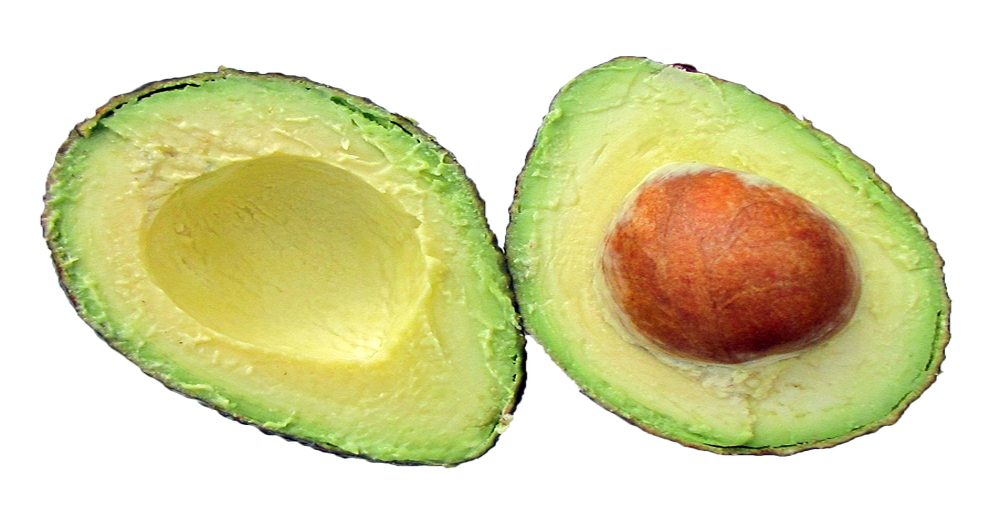
Why Researchers Recommend Eating Avocado Every Day
Here is some very good news for guacamole lovers everywhere: A new review of scientific literature suggests that eating avocado is a simple (and delicious!) way to prevent metabolic syndrome. Dubbed “the new silent killer,” metabolic syndrome is the term used to describe a combination of three or more risk factors for heart disease and diabetes..
April 15, 2017 | Source: Real Simple | by Amanda MacMillan
Here is some very good news for guacamole lovers everywhere: A new review of scientific literature suggests that eating avocado is a simple (and delicious!) way to prevent metabolic syndrome. Dubbed “the new silent killer,” metabolic syndrome is the term used to describe a combination of three or more risk factors for heart disease and diabetes (think high blood pressure, high triglycerides, and large waist circumference, for example).
The review, conducted by Iranian researchers and published in the journal Phytotherapy Research, looked at 129 previously published studies examining the effects of avocado consumption on different components of metabolic syndrome. Most of the studies involved the fleshy part you’re used to eating, but some also included avocado leaves, peels, oil, and seeds, or pits.
The researchers concluded that avocados have the most beneficial effects on cholesterol levels, and that consumption of the creamy fruit can influence several different measurements: LDL (bad) cholesterol, HDL (good) cholesterol, triglycerides, total cholesterol, and phospholipids.
That’s not all, though. “The lipid-lowering, antihypertensive, antidiabetic, anti-obesity, antithrombotic, antiatherosclerotic, and cardioprotective effects of avocado have been demonstrated in several studies,” wrote the authors, and most of those studies recommend eating the fruit on a daily basis. In other words, avocados can help fight pretty much every aspect of metabolic syndrome.
“This is just yet another study to show that avocados truly deserve superfood status,” says Health’s contributing nutrition editor, Cynthia Sass, RD, MPH. Sass was not involved in the review, but says it includes an “impressive range of studies.”
